Germany has recently asked a liquefied natural gas (LNG) terminal operator to reject all shipments from Russia, affirming its policy of not directly importing Russian gas. It seems that the European economic locomotive has taken a new direction.
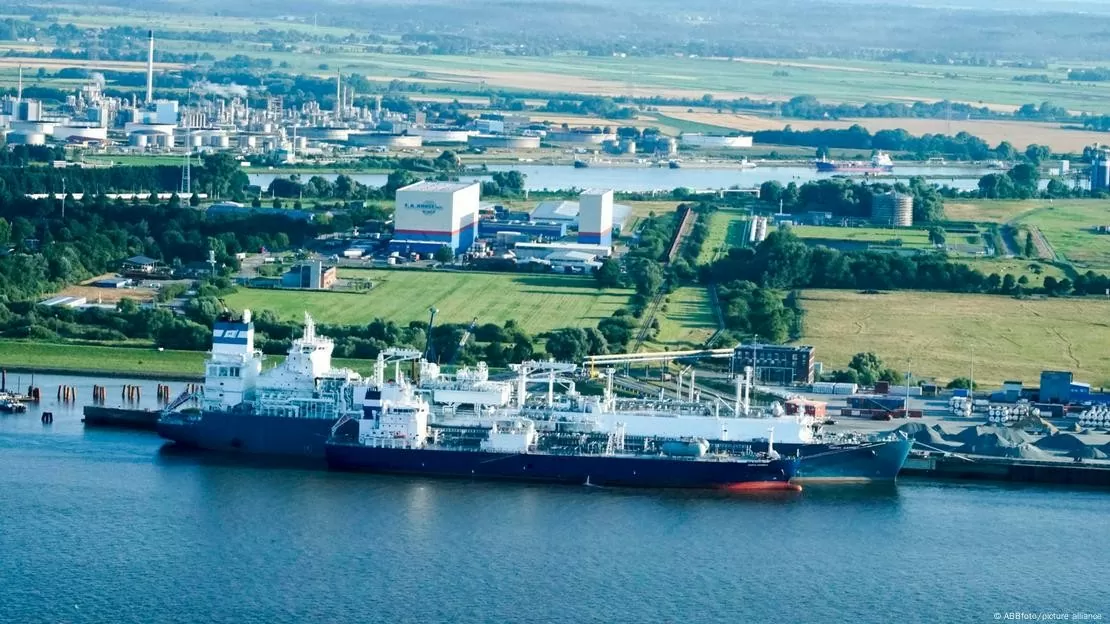 |
| The Brunsbuttel LNG terminal in Germany is the final destination for Russian Arctic gas shipments. (Source: ABBfoto/picture alliance) |
Before Russia launched a special military operation in Ukraine in February 2022, Germany was the largest importer of Moscow's gas in Europe.
After announcing a halt to Russian gas imports and Moscow abruptly cutting off supplies, Berlin sought alternatives. The European economic powerhouse chose to sign contracts with other suppliers and build terminals to receive LNG shipments by sea.
Within months, Germany was able to stop importing gas directly from Russia.
Determined to get rid of Russian gas
Moscow's gas supplies to Berlin are once again in the spotlight after British business daily Financial Times reported a letter from the German Economy Ministry "instructing" Deutsche Energy Terminal not to accept any Russian LNG shipments.
Quoting from the letter, the Financial Times wrote, the ministry said the order was issued to protect the country's most important public interests.
In the letter, the German Economy Ministry said that if it accepts Russian gas shipments, the port in Brunsbuttel will go against its original purpose of helping Germany and the European Union (EU) "escape dependence on Russian gas".
On November 14, Reuters also reported that the European economic powerhouse refused to allow the unloading of a Russian LNG cargo at the Brunsbuttel terminal.
Deutsche Energy Terminal is a state-owned company that operates four LNG terminals on Germany's North Sea coast: Brunsbuttel, Wilhelmshaven I, Wilhelmshaven II and Stade. The terminals play a vital role in securing Germany's gas supplies.
Who bought Russian gas?
The question is, in the context of Germany restricting purchases of Russian energy from February 2022, who has ordered and purchased LNG from Moscow?
It is speculated that this happened through a company called SEFE Energy GmbH – a state-owned gas importer based in the town of Kassel.
Founded in 1993 as a German-Russian joint venture, the company was sold to Russian energy giant Gazprom in October 2015.
After Moscow launched a special military operation in Kiev, the company was nationalized and the German state has been the sole owner of the company since 2022.
According to commodity data firm Kpler, energy group SEFE Energy GmbH has a long-term contract to transport LNG from Russia's Yamal export terminal to France. The LNG is regasified there and fed into a gas pipeline system that connects Europe.
As for Germany, the country will start receiving gas via pipeline from France in October 2022.
Some experts also said that although it no longer directly imports Russian gas through pipelines or in the form of LNG, Europe's economic locomotive can still receive an indirect amount through neighboring Belgium and the Netherlands.
Both countries still import Russian LNG and re-export some of it, including to Germany.
Exact figures are difficult to verify because the origin of the gas is almost impossible to trace once it enters the European gas grid. Recent research suggests that Germany may still be getting 4-6% of its gas needs through imports of Russian LNG from its two neighbors.
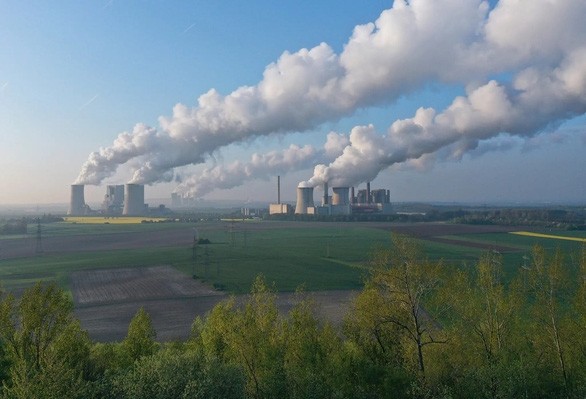 |
| Smoke rises from a coal-fired power plant in Germany. (Source: Getty Images) |
Germany has a new direction
DW said that there are still potential transit agreements for Russian LNG within the 27-member bloc.
DW predicts that Russian LNG was unloaded at German terminals and then forwarded to other European countries.
The US and UK have banned Russian LNG, but the EU continues to import the country's fuel.
Kpler data shows that the 27-member bloc currently imports 20% of its fuel from Russia. Belgium, Spain and France have long-term contracts to buy fuel from Russia.
The German energy regulator Affani Federal Network Agency said it could not rule out the possibility that Moscow LNG would be transported through its networks and that Berlin was acting as a transit point for other European countries.
Russian LNG still accounted for 16% of total LNG imports into the EU in October, according to German gas lobby Zukunft Gas, citing data compiled by Brussels-based think tank Bruegel.
Russian gas transit through EU terminals could end in March 2025 under the 27-member bloc's 14th round of sanctions against Moscow, Zukunft Gas spokesman Charlie Gruneberg said.
"The sanctions package includes new restrictions on Russian LNG, prohibiting the transfer of cargoes at European ports for further shipment to third countries. However, there are no general EU sanctions on Russian gas," said Charlie Gruneberg.
As for the German ban, the Financial Times said, there are three reasons. The ships left Yamal in recent days heading for Europe, but there is no sign that they will arrive at the German port of Brunsbuttel.
There is no official word yet on whether Berlin's LNG ports will accept Moscow's gas shipments.
But it seems that the European economic locomotive has a new direction. LNG is considered a "bargaining chip" of the EU and the administration of Donald Trump - the new President-elect of the United States.
Recently, European Commission President Ursula von der Leyen raised the idea of replacing Russian LNG by importing more from the US. So, by stopping receiving Russian LNG, Germany is ready to open its doors to this commodity from the world's largest economy.
Source: https://baoquocte.vn/so-huu-con-bai-mac-ca-voi-ong-trump-duc-tu-tin-chan-dung-dong-chay-lng-tu-nga-mo-cua-don-hang-my-294407.html


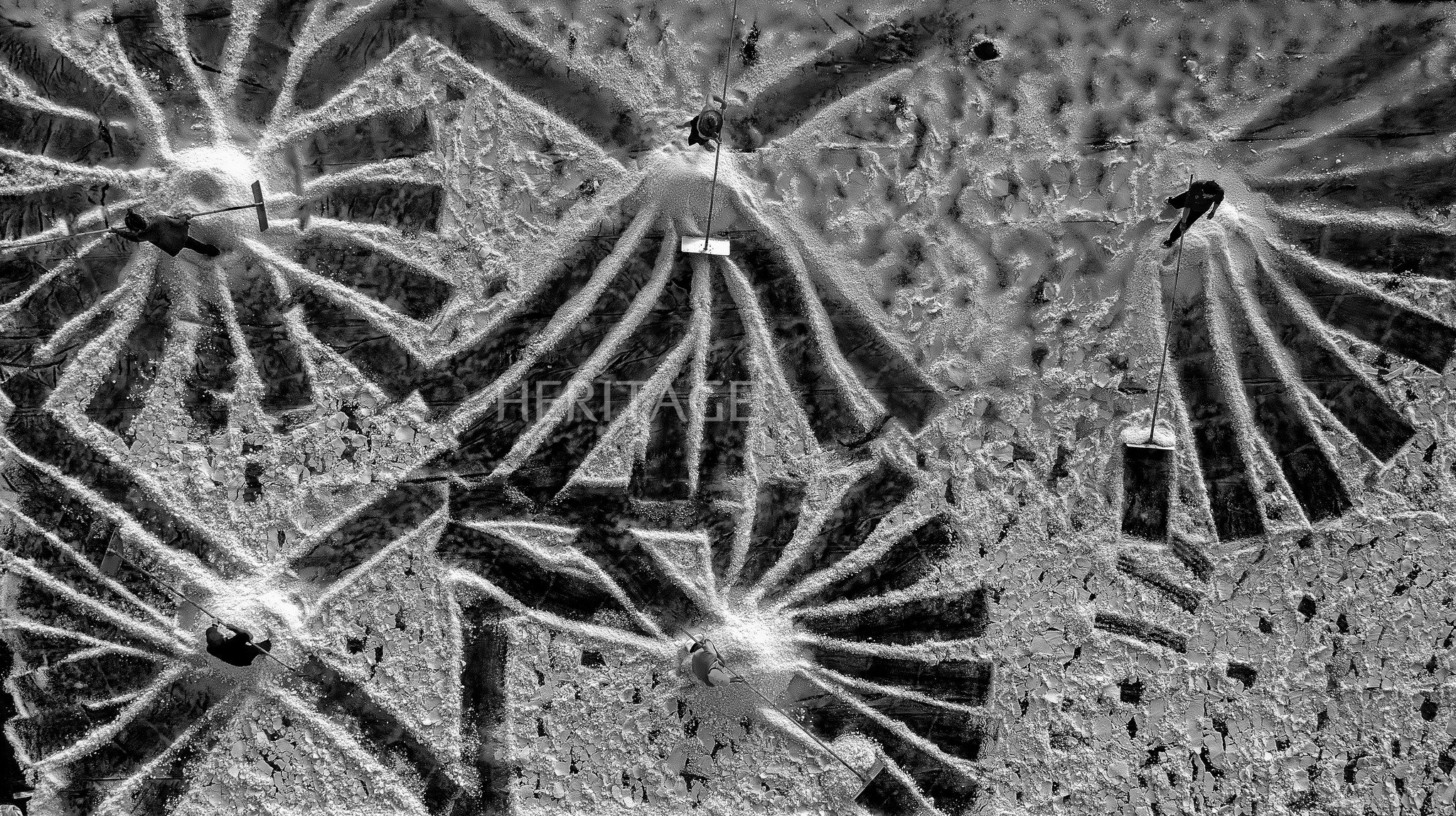





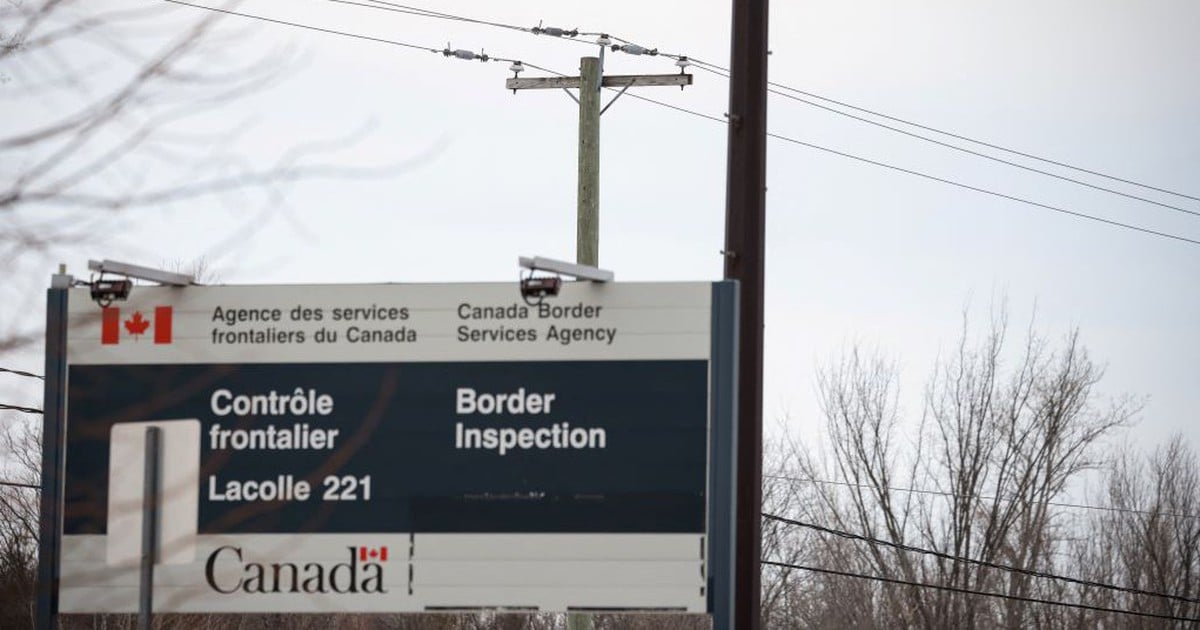

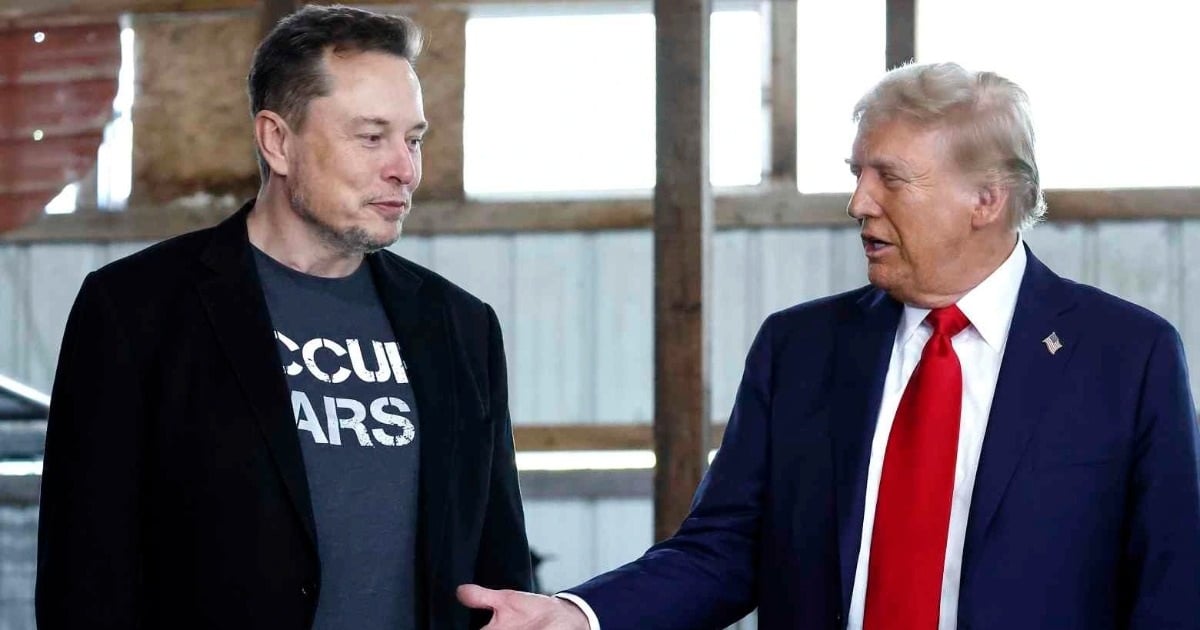

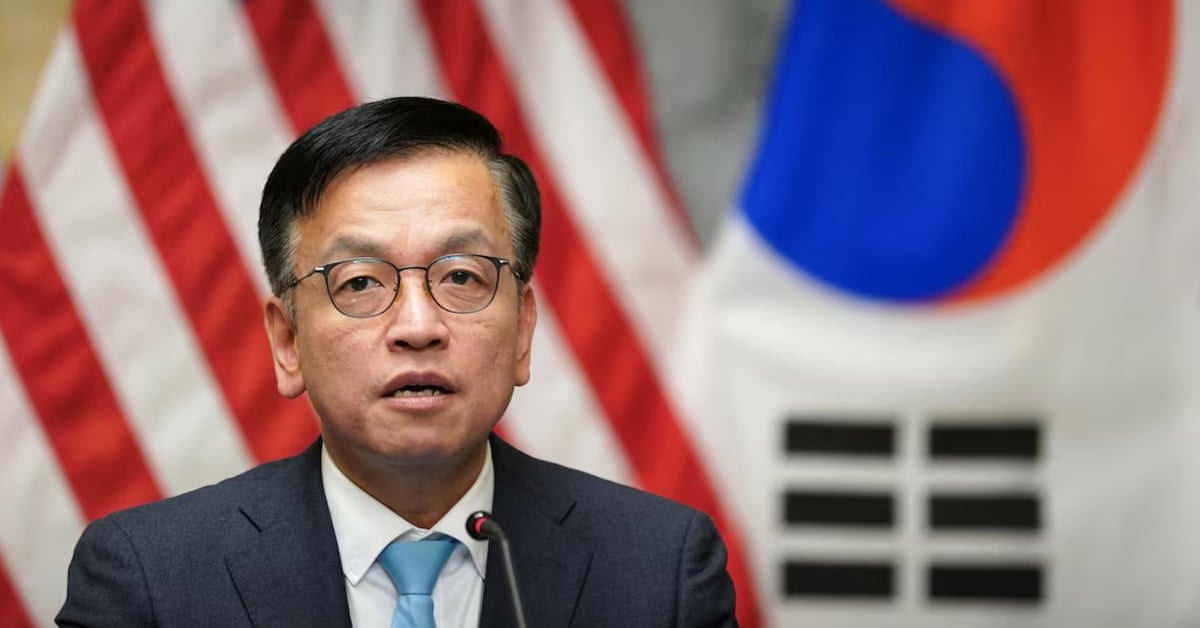

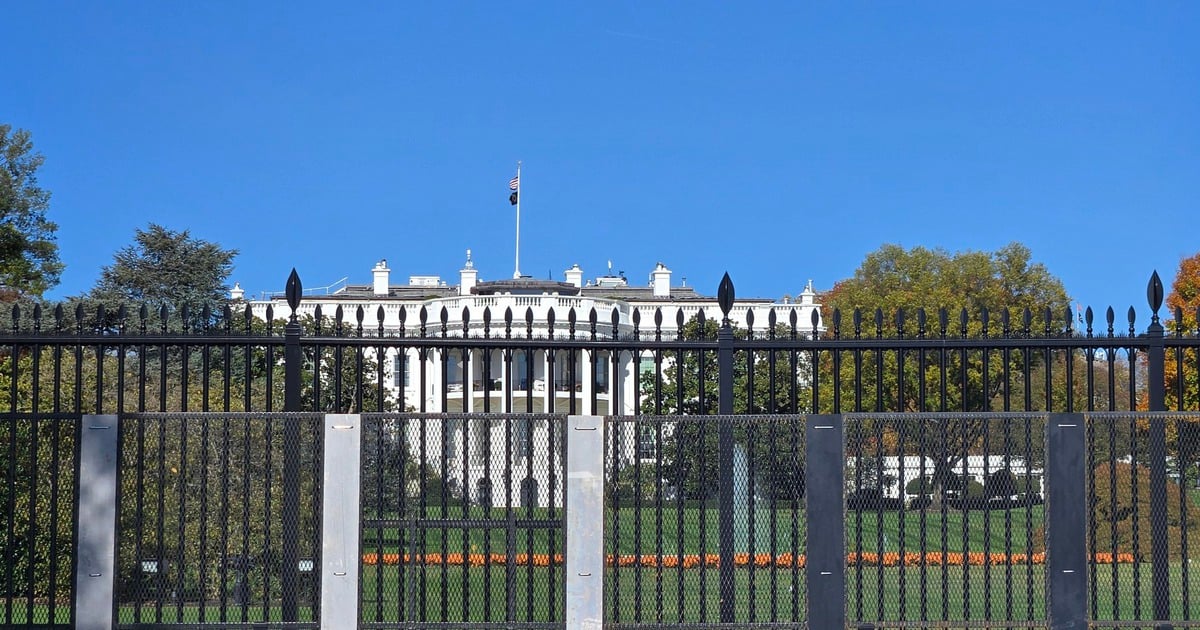

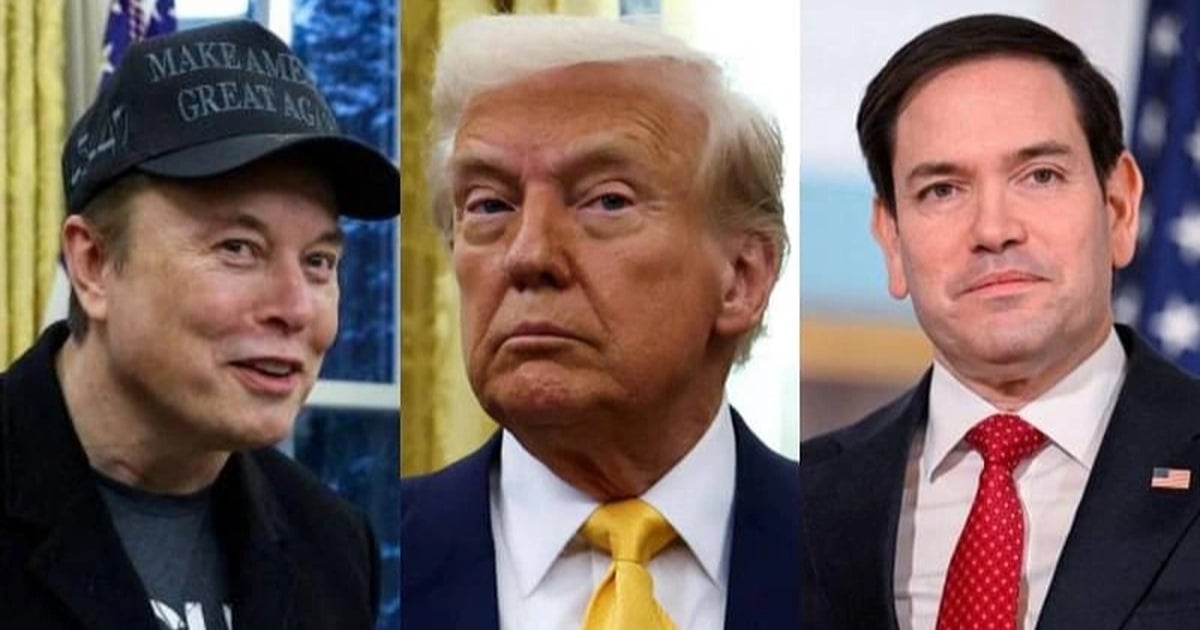


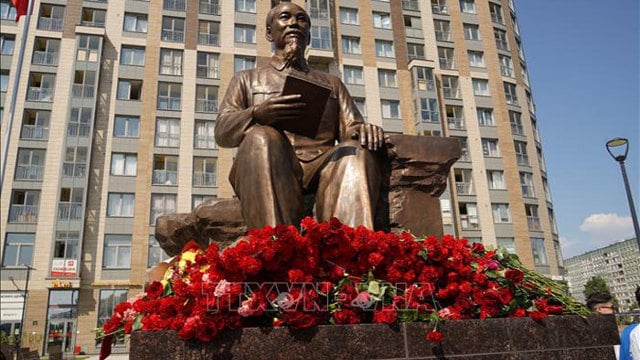


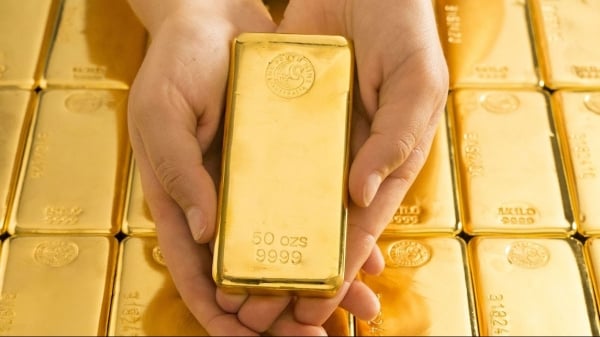
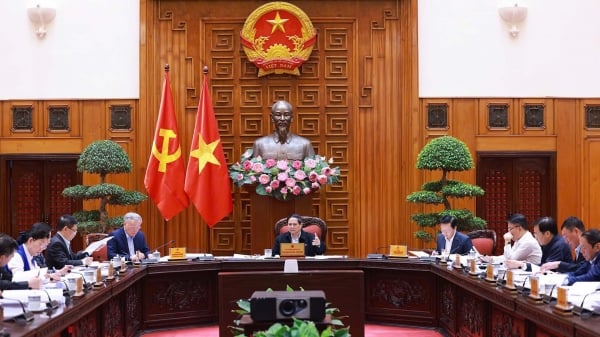



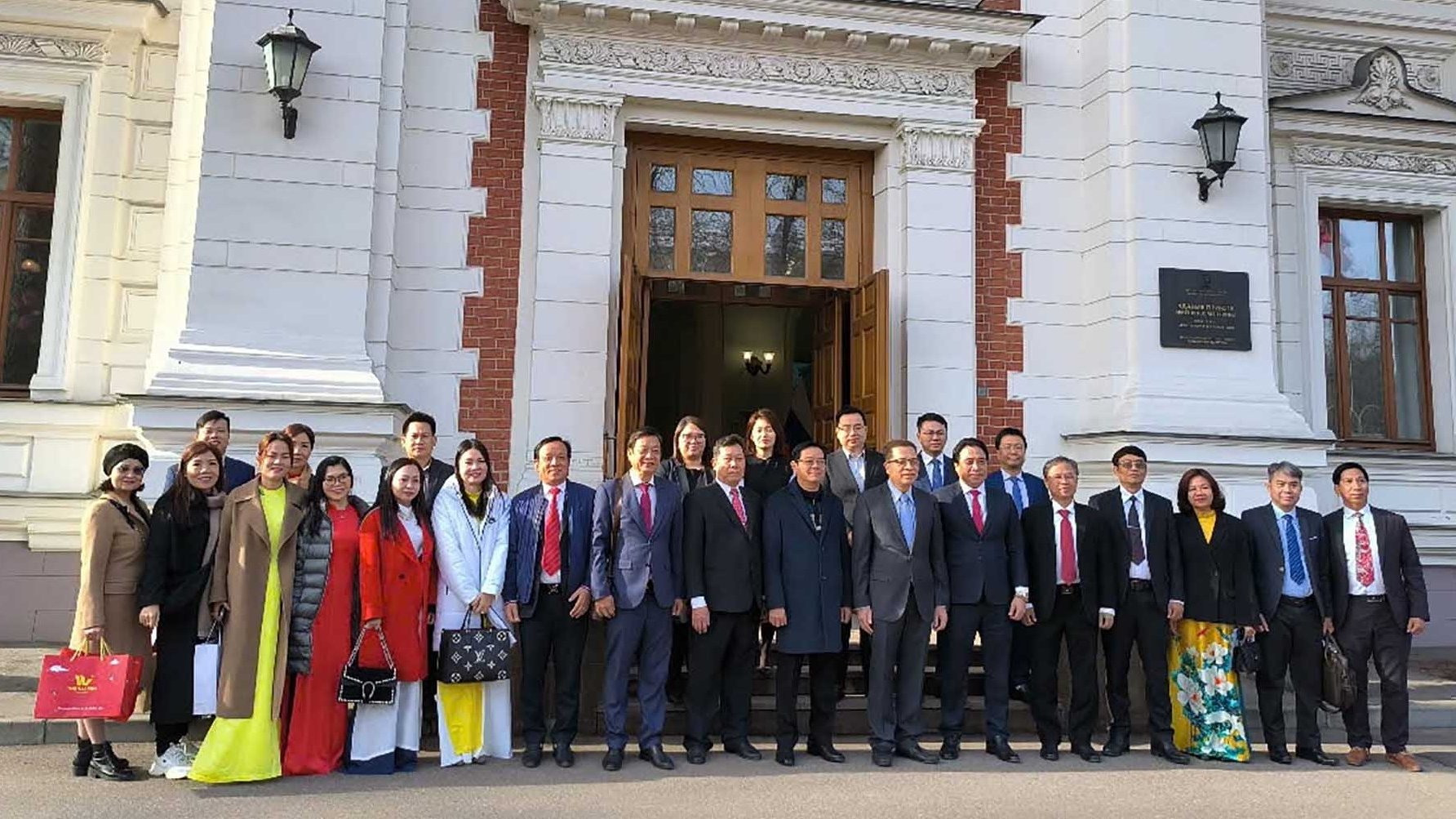
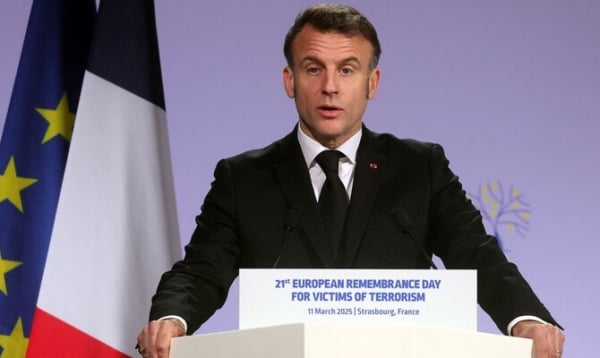

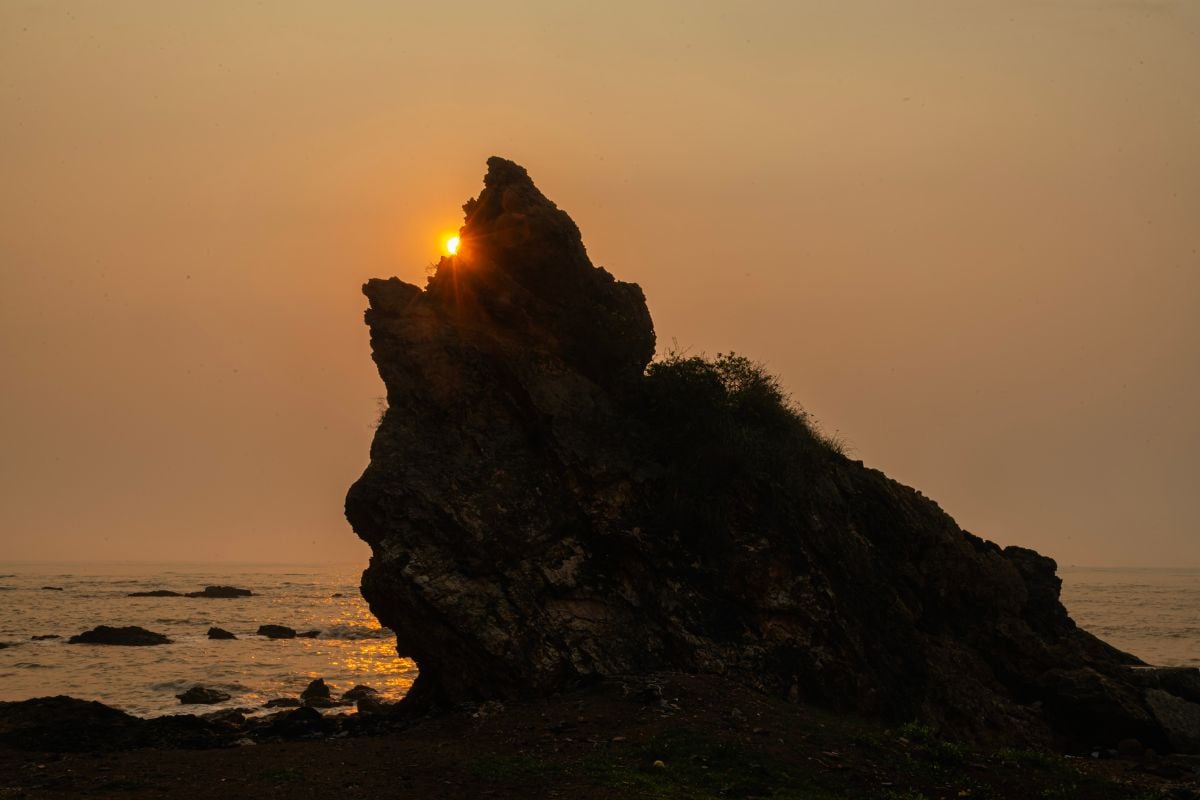

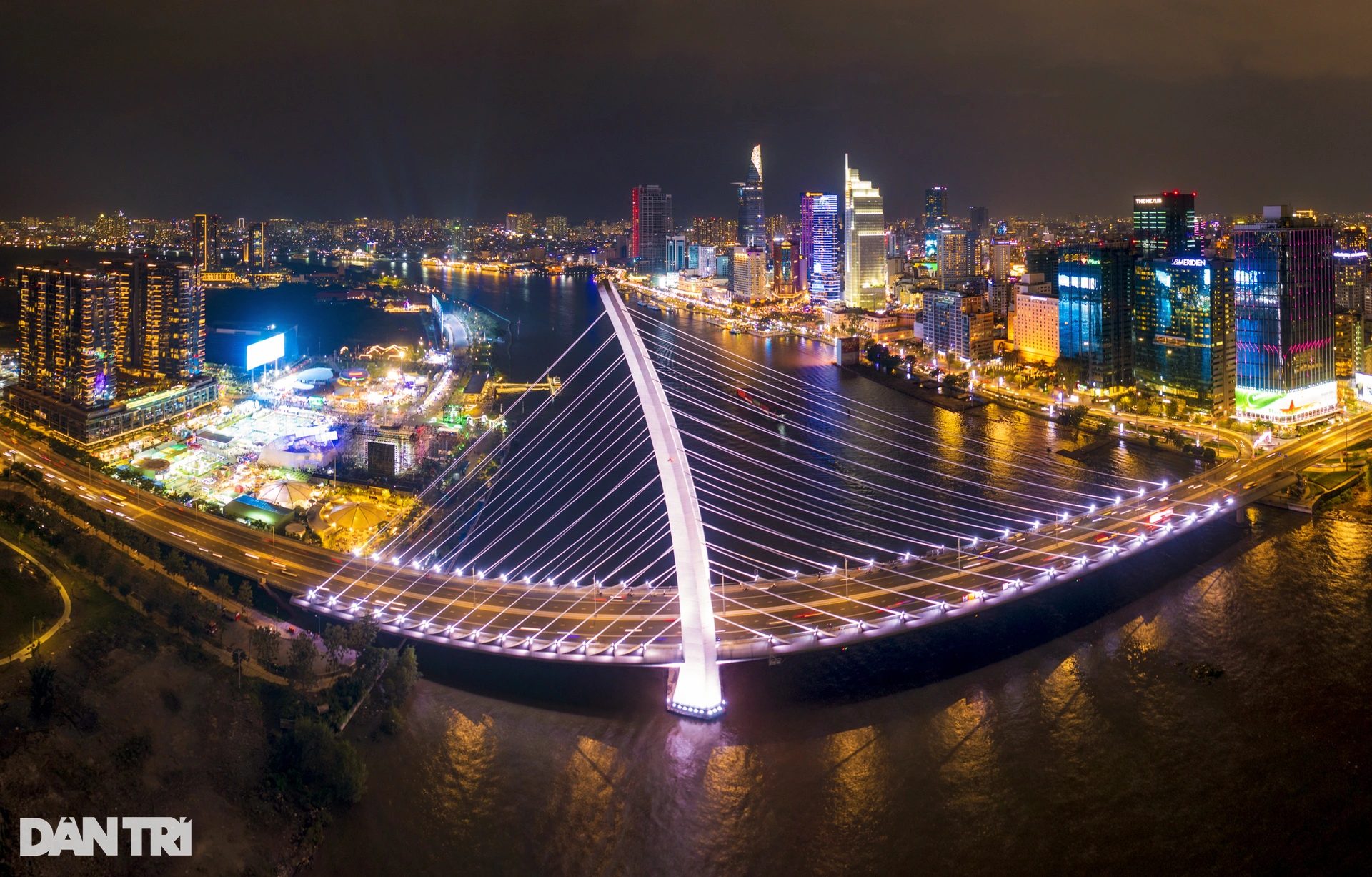


























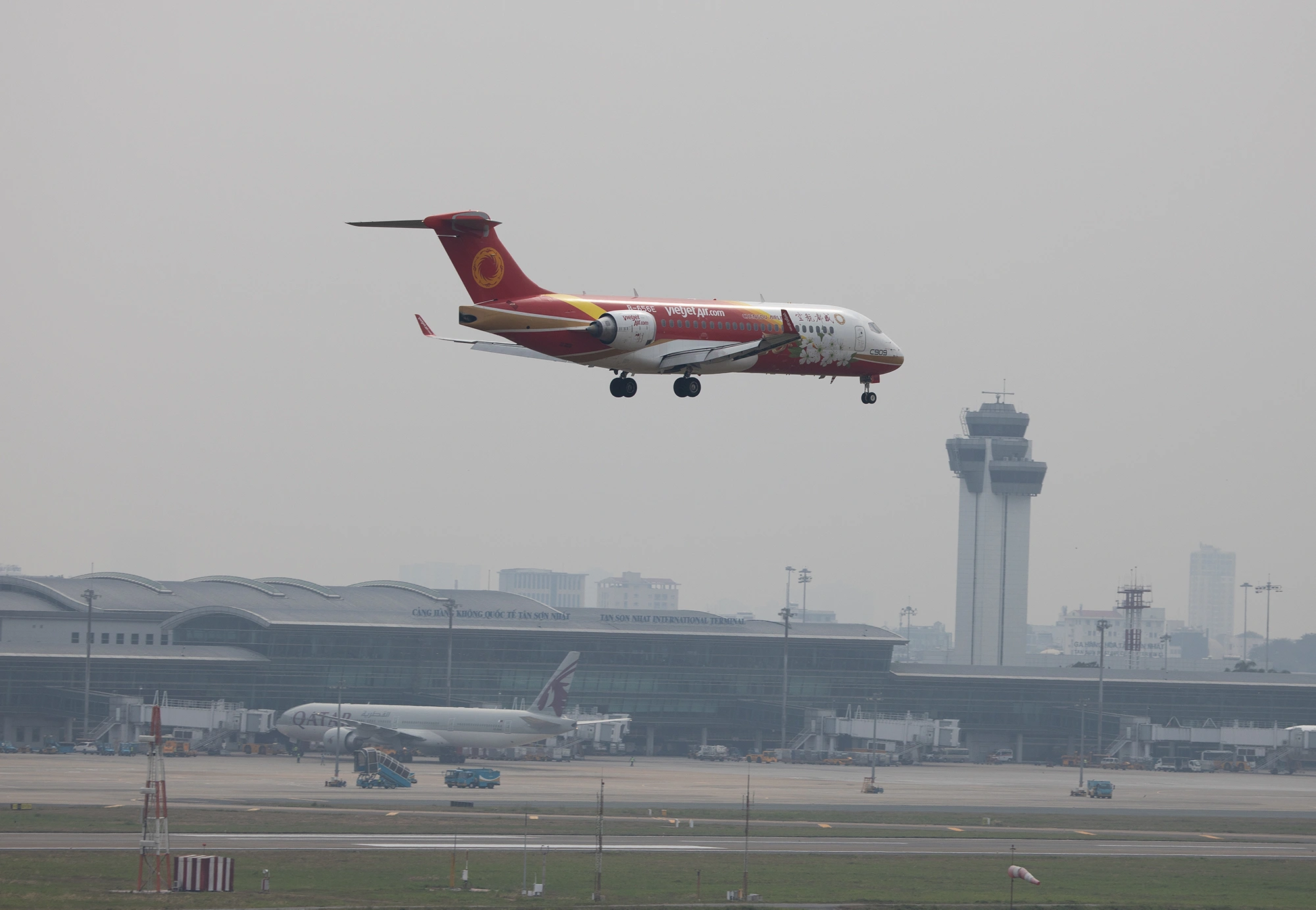


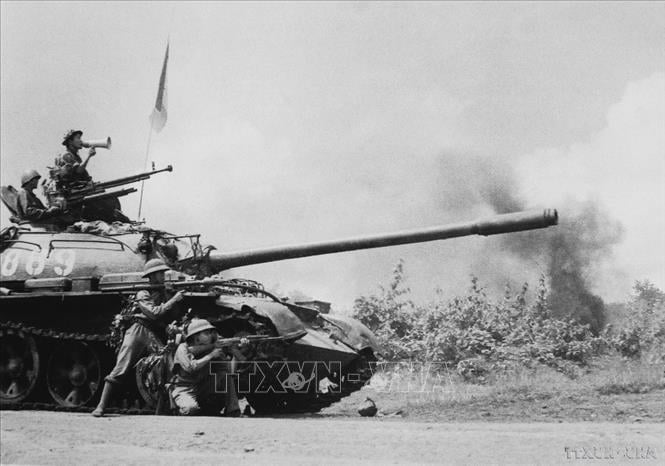










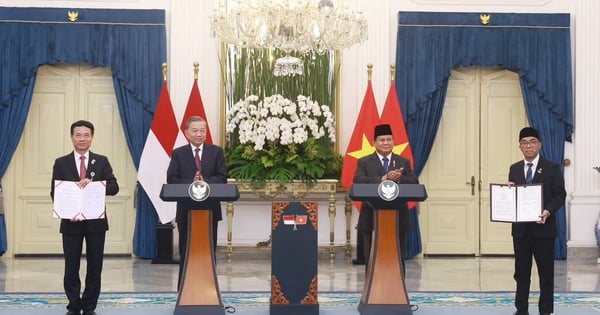











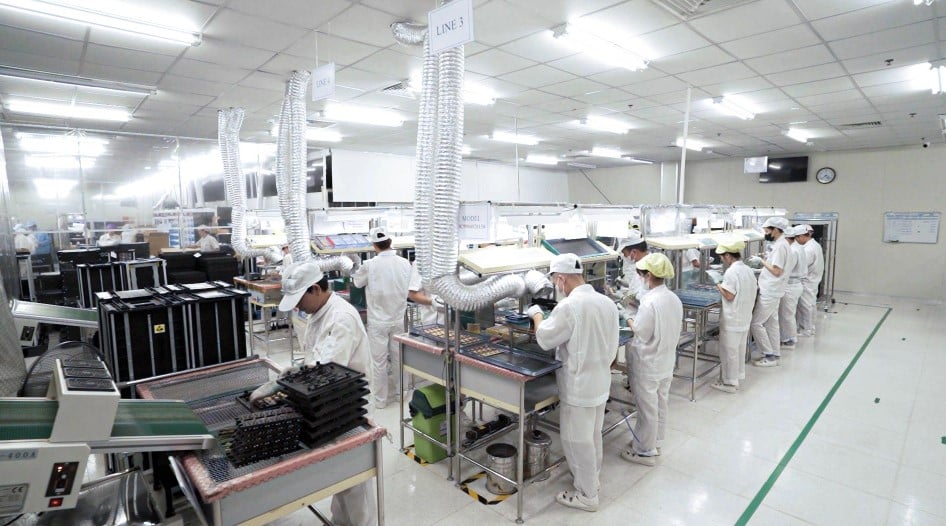






Comment (0)